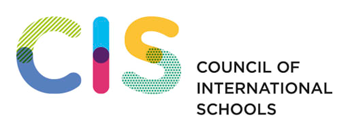ISL’s Elementary School proudly offers the International Baccalaureate Primary Years Programme. With a focus on inquiry and experiential learning, students are encouraged to explore the world around them and to learn by doing. Classroom spaces and learning experiences are carefully structured by our teachers, teaching assistants, and administrators, facilitating a transdisciplinary approach to learning that allows students to apply knowledge and skills from a variety of academic areas.
We are dedicated to the balanced development of all children in the Elementary School, with a belief that in addition to fostering strong academic achievement, we must also provide strong opportunities for positive social and emotional development. We strive daily to offer an active, engaging, and positive learning environment for all students in order to empower them to embrace opportunities, pursue passions, and contribute thoughtfully to the world.
Please explore our website, and if you are already here in Latvia come and see what an excellent and exciting school we have here at ISL.













